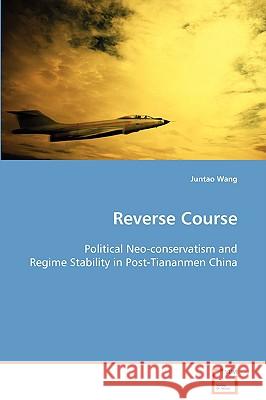Reverse Course » książka
Reverse Course
ISBN-13: 9783639090321 / Angielski / Miękka / 2008 / 416 str.
In post-Mao China, when Chinese debate on how to reorient their modernization, political neo- conservatism has risen rapidly against liberal democracy since the early 1990s. This work analyzes its origins, development, arguments, and political consequence. The political neo-conservatism includes various thoughts: neo-authoritarianism, statism, nationalism, post-modernism, post-colonialism, third way, China exceptionalism, neo-Confucianism, and new leftism. The political consequence of the rise of political neo-conservatism, as opposing radical democratization, is to maintain non-democracy regime in China. It is not only a dramatic shift in Chinese ideology and politics since mid-1970s, but also a counter-case both to world politics, so- called third wave of democratization, and to the popular theory regarding regime transition in comparative study. This case research on China strongly confirms the role of ideas in making regime transition. The author, Ph. D. in comparative politics of Columbia University, is a leading figure in both intellectual and political circle, he has experienced the major political events in post-Mao China.











